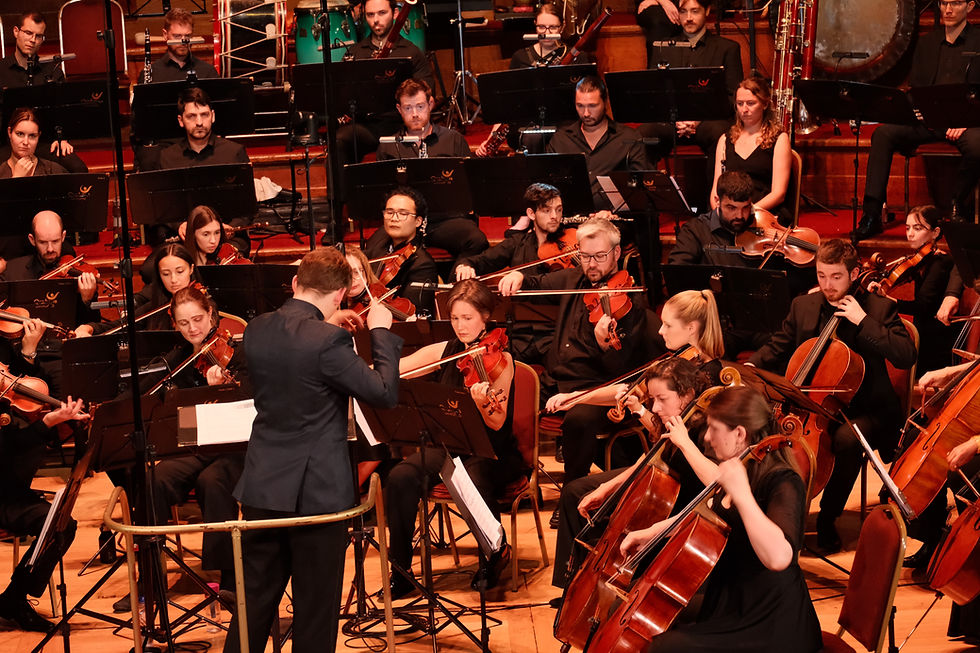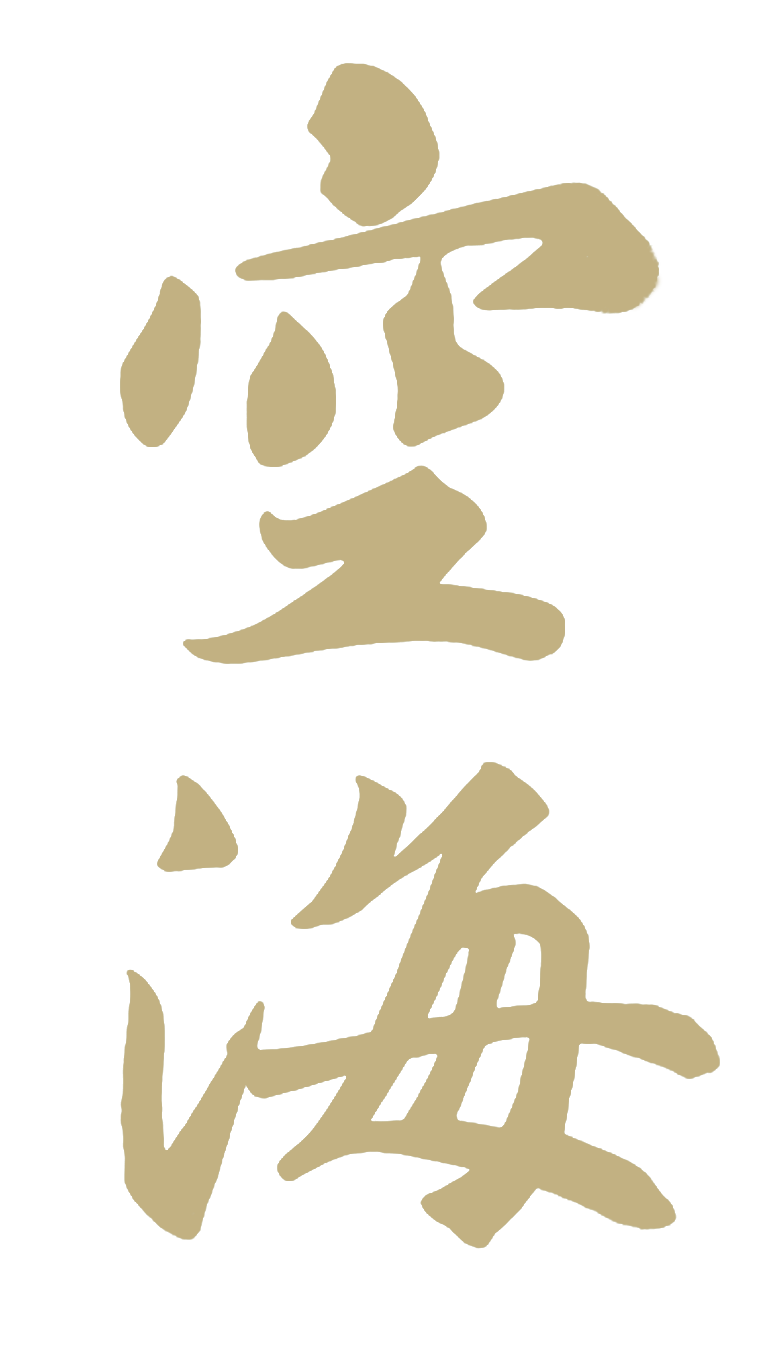

Master Kūkai (774-835), posthumously known as Kobo Daishi, is the eighth patriarch of Chinese Esoteric Buddhism (Tangmi) and the founder of Japanese Shingon Buddhism. He is an outstanding figure of cultural exchange between China and Japan. Kūkai travelled to China during the Tang dynasty, where he studied under Master Huiguo, the seventh patriarch of Chinese Esoteric Buddhism. Later, Kūkai succeeded Huiguo and was ordained as the eighth patriarch. After Kūkai returned to Japan, he widely spreaded the religion in the country. Kūkai established the Japanese Shingon Buddhism, built Bodhimandas in Mount Koya, and brought benefits to the country and its people. Kūkai is also a founding figure of Japanese culture – he invented Kana characters, initiated the earliest Japanese civilian education schools, and introduced advanced technologies from Tang.
About Kūkai
Origins and Vision
Symphony Kūkai was composed by Beijing Tianguzhiyin Culture Media Co., Ltd. in collaboration with the renowned Chinese composer Zou Ye in 2023. It commemorates the 1250th anniversary of Master Kūkai’s birth and the 45th anniversary of the Treaty of Peace and Friendship between China and Japan. Kūkai, a revered Buddhist master from Japan’s Heian period, embarked on a perilous voyage across the sea in pursuit of sacred teachings. Kūkai studied under Master Huiguo, the seventh patriarch of the Chinese Tang Dynasty Esoteric Buddhist tradition. Upon his return to Japan, Kūkai not only introduced the Esoteric Buddhist teachings and practices of the Tang Dynasty to Japan but also brought with him the era’s educational principles, painting, architecture, poetry, calligraphy, and other cultural ideas, along with advanced technologies. Kūkai played a pivotal role in the development of the Japanese writing system, established Japan’s earliest public educational institution, and led crucial water conservation projects. His contributions shaped Japanese culture in countless ways, enriching the land and uplifting its people. For his profound influence, Kūkai is revered as one of the foundational figures of Japanese civilization.
Kūkai was a pioneering figure in Chinese-Japanese cultural exchange and a key transmitter, advocate, and developer of Chinese culture abroad. He brought the advanced culture of the Tang Dynasty to Japan in its entirety, fostering the deep integration and flourishment of Chinese heritage in Japan. His contributions are instrumental in the global dissemination and evolution of Chinese culture.
Deeply inspired by Master Kūkai’s spirit, the Symphony Kūkai weaves the master’s vast wisdom, boundless compassion, and profound vow to bring peace and benefit to all beings into its music. Through this work, we aspire to connect hearts, allowing music to inspire gentler, more peaceful communications, and fostering mutual understanding and acceptance. We also hope that as the Symphony Kūkai tours the world, its musical power will deliver Master Kūkai’s spirit across different civilizations and languages, enabling more people to experience his noble vision and profound humanistic care.


The Symphony
The symphony guides listeners through Master Kūkai’s life journey: his pursuit of truth, diligent practice and austerities, journey to Tang China to pursue studies, inheritance of the Dharma lineage, and then his return to Japan to spread Buddhist teachings, serving as a National Teacher to four emperors, protecting the nation, and benefitting the people — comprehensively presenting Master Kūkai’s great and legendary life.
The symphony consists of the following six movements:
Chapter 1. Born with the Great Vow and Practice Asceticism with Aspirations
Chapter 2. Pursue Study in Tang China and Sustain the Dharma Lineage
Chapter 3. Spread Esoteric Teaching in Japan and Turn the Dharma Wheel
Chapter 4. Enter the Vairocana Pure Land, Have Great Compassion for Living Beings
Chapter 5. Widely Spread Esoteric Teaching and Benefit Sentient Beings
Chapter 6. The Bodhisattva’s Compassionate Vow
The symphony’s powerful closing echoes Kūkai’s eternal vow, as the choir resounds with a proclamation that stirs the soul:
When all akasa (boundless space) is reached, all living beings are enlightened, nirvana is achieved, then my great vow is fulfilled.
The Artists Behind the Symphony
SYMPHONY KŪKAI brings together an extraordinary international ensemble. The work is composed by Zou Ye, National First-Class Composer of China.
Leading conductors from Asia, Europe, and beyond — including Yu Long, Derrick Morgan, and Kosuke Tsunoda — collaborate with renowned choral director Chen Bing.
Soloists, principal players, and section leaders from world-class orchestras and choirs worldwide come together to create a unique musical dialogue that transcends borders and time.










